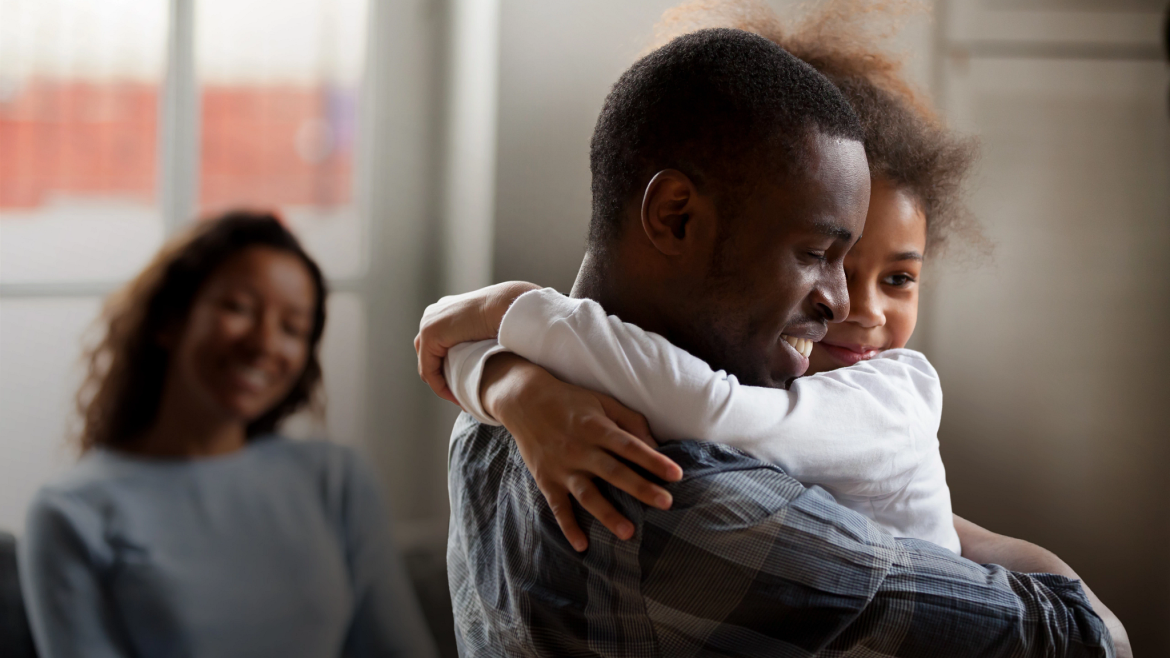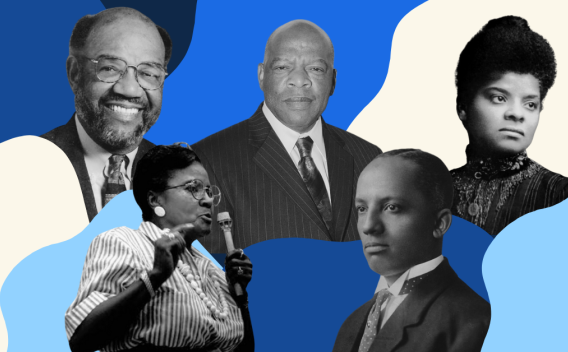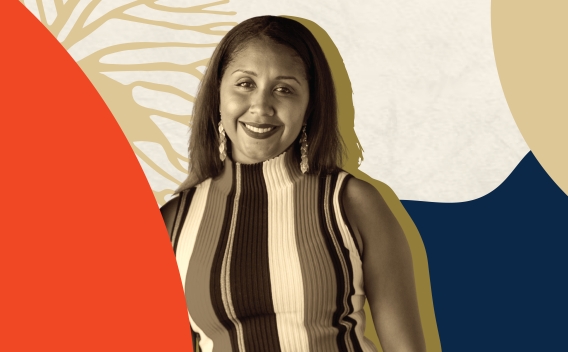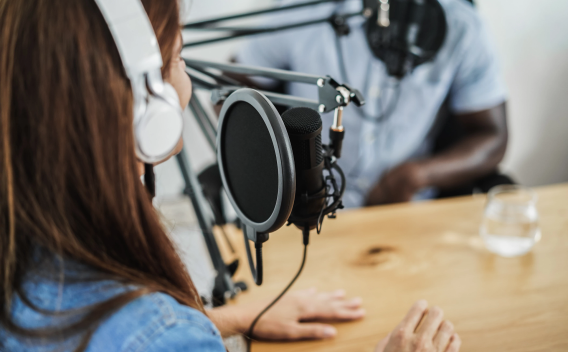Our Vision
The United States has long relied on criminalization and incarceration to achieve public safety rather than adequately investing in the health and well-being of all our communities.
The broad reach of our criminal legal system has led to the world’s highest incarceration rates and exacerbated poverty and inequality, particularly for communities of color. This criminalization of poverty has only pushed people deeper into poverty, perpetuating a cycle that makes communities less safe.
Change requires more than reform. It requires investing in better ways to keep people healthy and safe, and reducing the size and scope of our criminal legal system. And it will only happen once we begin to repair the harm caused by mass incarceration through investing more in individuals and communities.
By focusing on these efforts, we can improve public safety, secure real justice and advance racial and economic equity for all Americans.
Quote from Kassandra Frederique
We all deserve to lead our lives with dignity, within whole and loving communities, with compassion and support in our times of need, and without threat or violence. That is the vision of humanity we are building toward.![[field.profile-image-alt]](/sites/default/files/styles/media_library/public/acquiadam/2022-08/Kassandra_Headshot_Quote.png?itok=-oP9Zv3O) Executive Director, Drug Policy Alliance
Executive Director, Drug Policy Alliance
The Opportunity
The dramatic growth in our criminal legal system over the past half century is built on racially unjust policies and practices that have devastated individuals, families and communities. We have used criminalization to respond to complex social issues—such as poverty, substance abuse, mental health and homelessness—rather than investing in the public supports and services that actually make communities healthy and safe.
Today, as a result of overcriminalization, nearly one in four people in the U.S. has a criminal record, and millions more interact with the justice system each year. Even a small interaction can make it difficult for a person to regain economic stability and create lifelong hardship for the families impacted.
Advocates and policymakers have shown that there is a path to ending overcriminalization while also prioritizing communal health and safety. Through our work, we aim to reduce the criminal legal system’s footprint by changing the complex web of laws and practices that drive too many people into the system in the first place. We seek to address harm through building the economic mobility and leadership of Black and brown people who have been most impacted by an unjust system. And we fund approaches to public safety that do not solely rely on criminalization to address public health and safety issues.
We do this by investing in a range of partners who center racial and economic equity in their efforts to transform our approach to public safety. Together with these partners—many of whom have been directly impacted by the criminal legal system—we are bringing much-needed attention and resources to this critical work through organizing, litigation, research, public education, program development and community-based transformation.
500%
Increase in prison and jail populations over the past 40 years. (Source)
1.9M
People in the U.S. are locked up in prisons, jails, juvenile facilities and immigration detention centers—more people per capita than in any other country in the world. (Source)
5x
The rate at which Black Americans are incarcerated in state prisons in the U.S. compared with white Americans. (Source)
16x
The rate at which people with untreated serious mental illness are likely to be killed in a police encounter compared with other civilians. (Source)
Our Focus Areas
We focus on strategies that seek to shrink the size and reach of the criminal legal system, advance the health and well-being of communities, and build the economic and political power of Black and brown people harmed by mass incarceration.
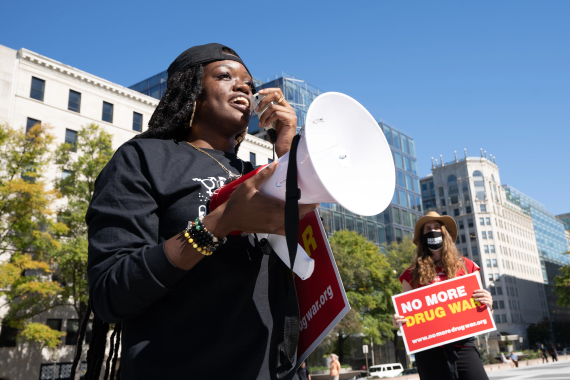
Ending Overcriminalization
Supporting efforts to reduce the footprint of the criminal legal system.
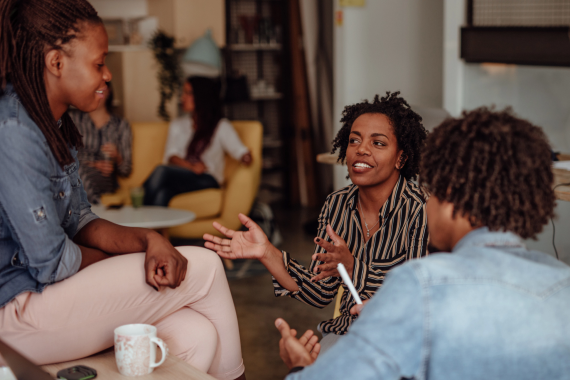
Achieving Community-Centered Health and Safety
Developing new approaches to public safety that center on community health and restoration.
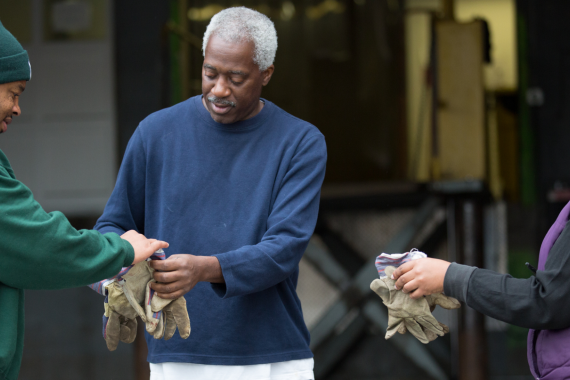
Reducing and Repairing Harm
Investing in the economic mobility and resiliency of people harmed by mass incarceration.
Our Grantees
We invest in national and local organizations, projects, and campaigns committed to achieving justice and safety in our criminal legal system. We also partner with other philanthropic organizations, including through funder collaboratives, to pool and invest resources in an important and underinvested issue area.
View more grantees in our Criminal Justice Grantmaking portfolio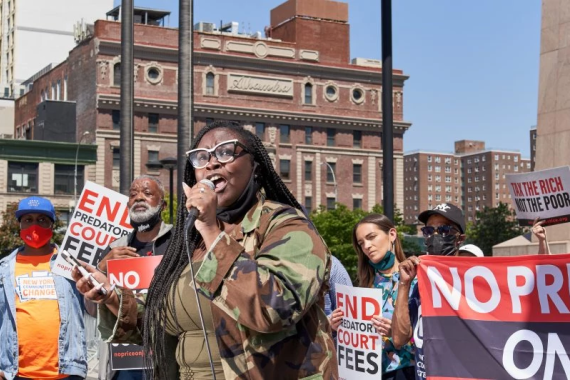
Eliminating the Criminalization of Poverty
The Fines and Fees Justice Center (FFJC) works with affected communities and stakeholders to eliminate fees in the justice system, ensure that fines are equitably imposed and enforced, and end abusive collection practices.
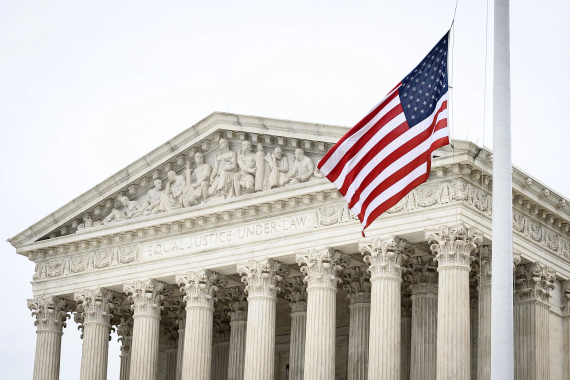
Advocating for Justice Reform
The Leadership Conference on Civil and Human Rights through partnerships with coalition members, local communities and impacted people engages in legislative advocacy to build a fair and equitable criminal legal system.

Covering the Stories That Matter
The Marshall Project is a nonpartisan, nonprofit news organization that exposes unconstitutional and discriminatory practices in the criminal legal system and sets an example for other media to cover criminal justice issues fairly and responsibly.
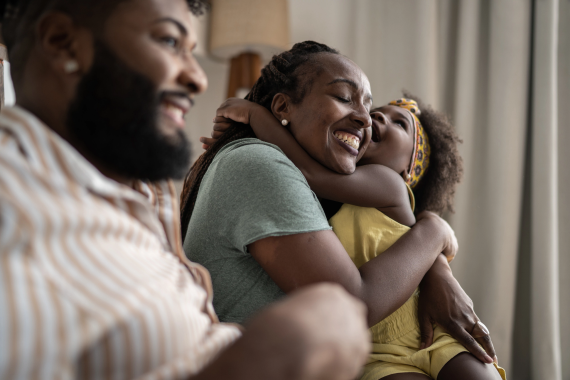
Promoting New Responses to Violence
Working at the intersection of criminal justice, public health and racial justice, Equal Justice USA strives to transform the justice system by promoting responses to violence that break cycles of trauma.

Driving Transformative Change
DC Justice Lab is a team of law and policy experts researching, organizing and advocating for large-scale changes to the Washington D.C. criminal legal system with smarter safety solutions that are evidence-driven, community-rooted and racially just.
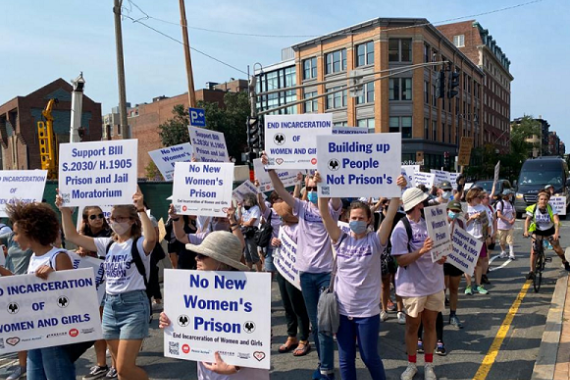
Advancing Justice for Women and Girls
The National Council for Incarcerated and Formerly Incarcerated Women and Girls, founded by a group of justice-impacted women, works to end the forced separation of women, girls and mothers from their communities and loved ones through hyper-local organizing, public awareness education and movement lawyering.
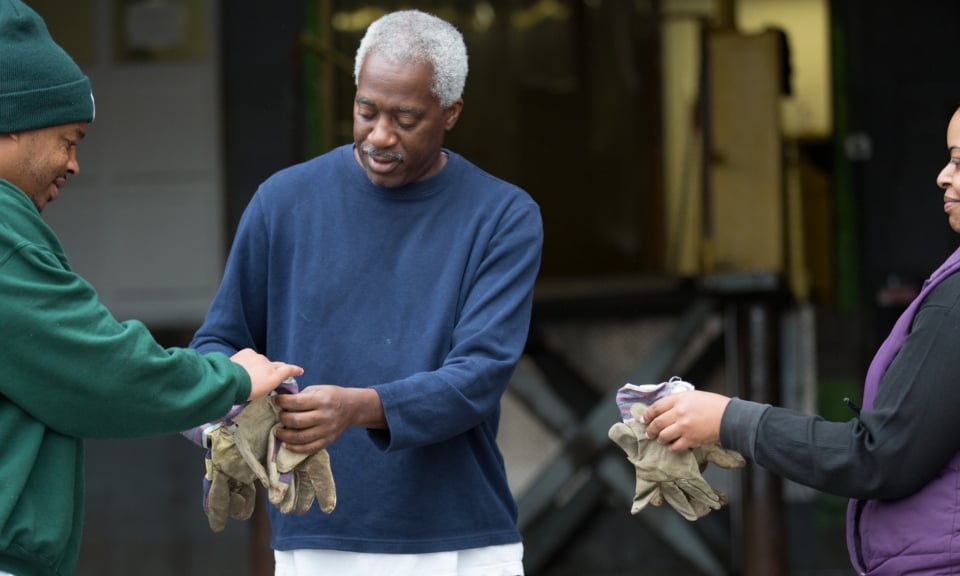
Grantee Spotlight
Justice and Mobility Fund
Launched in collaboration with The Ford Foundation, Blue Meridian Partners and Schusterman Family Philanthropies, the Justice and Mobility Fund aims to boost economic mobility and improve the life trajectories of people impacted by the criminal justice system.


